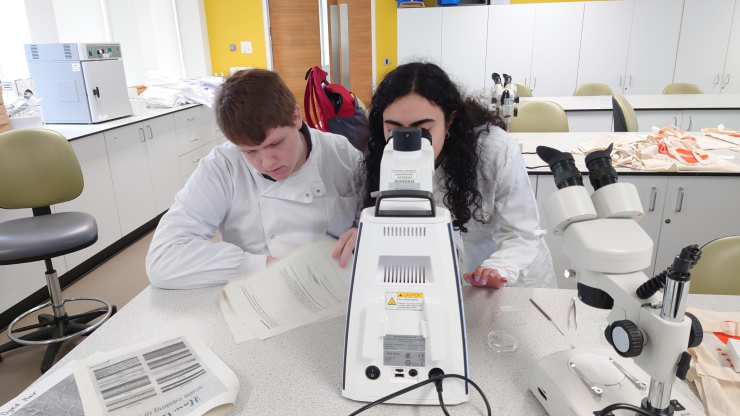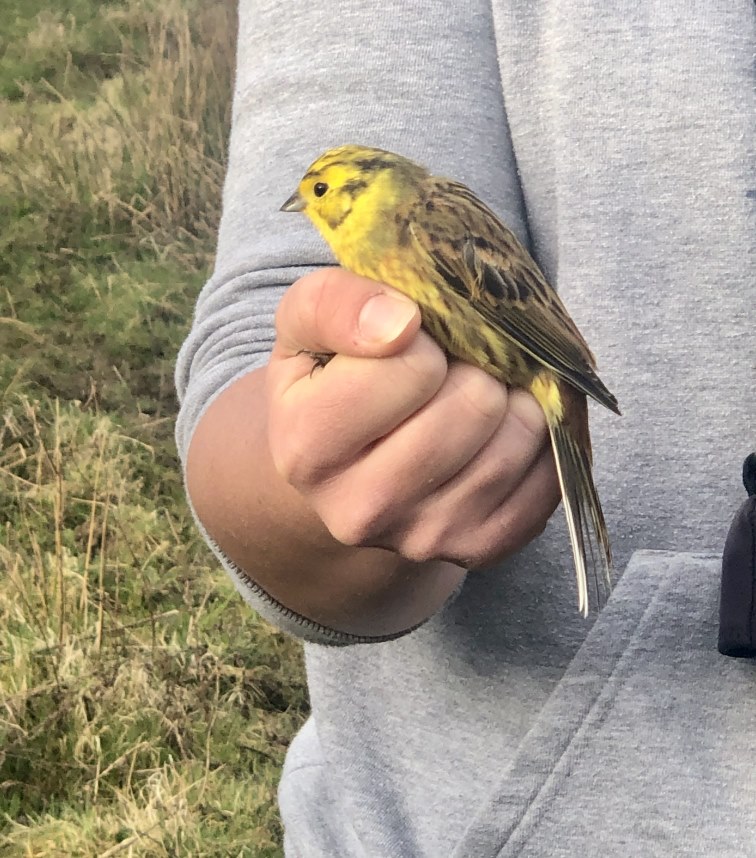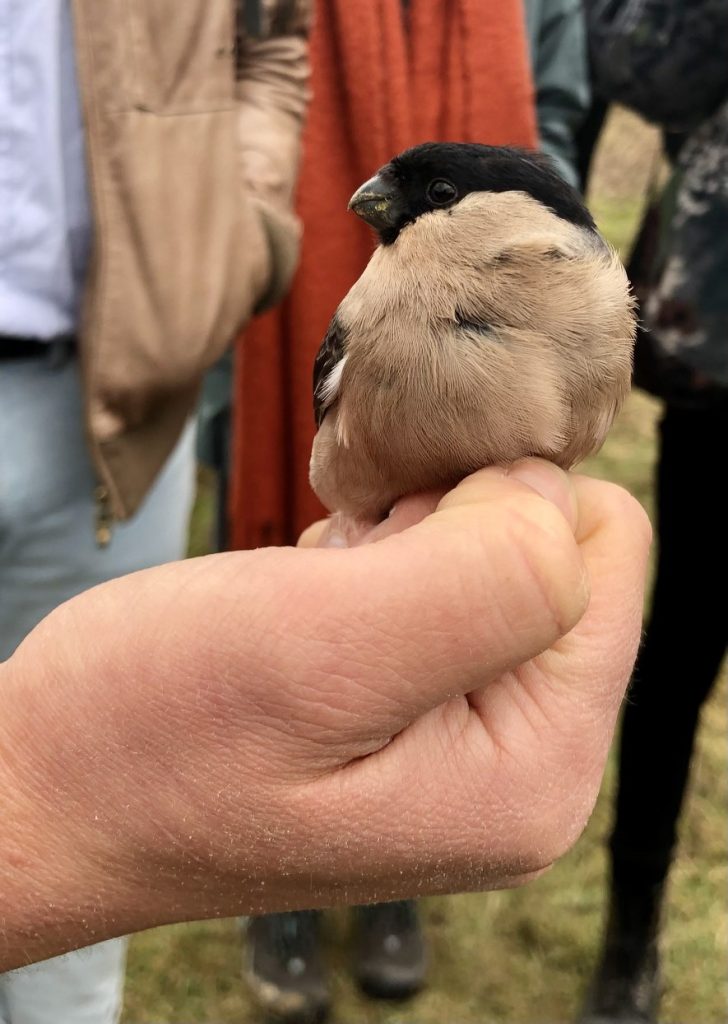Our on campus residential summer school is open for applications from year 12 students who are thinking about applying to science and engineering courses at university. Apply now.
The summer is school is a real opportunity to try out what it’s like to study at university, learn and use the facilities on our Moulsecoomb campus and stay on site in student halls.
During the day participants take part in a programme of science and engineering taster lectures and practical sessions run by academics and student ambassadors which could include sessions such as blood typing or a session on fungi in the labs. There are also sessions about applying to university, a student life Q&A, a session from the library team and a talk from Brighton Students Union.
In the evenings there are social activities which could be a trip to the beach, a BBQ or bowling before heading back to the halls of residence. Participants share a student flat in our Moulsecoomb halls, with their own bedroom in a flat with 6-8 students and shared living room/kitchen.





In the evenings there are social activities which could be a trip to the beach, a BBQ or bowling before heading back to the halls of residence. Summer school participants share a student flat in our halls, with their own bedroom in a flat with 6-8 students and shared living room/kitchen.
By the end of the week everyone will have tried out lots different science and engineering sessions, made new friends and have a much idea of what it’s like to move to university!
Applications are open until 31 May. We would love to see you there!


















